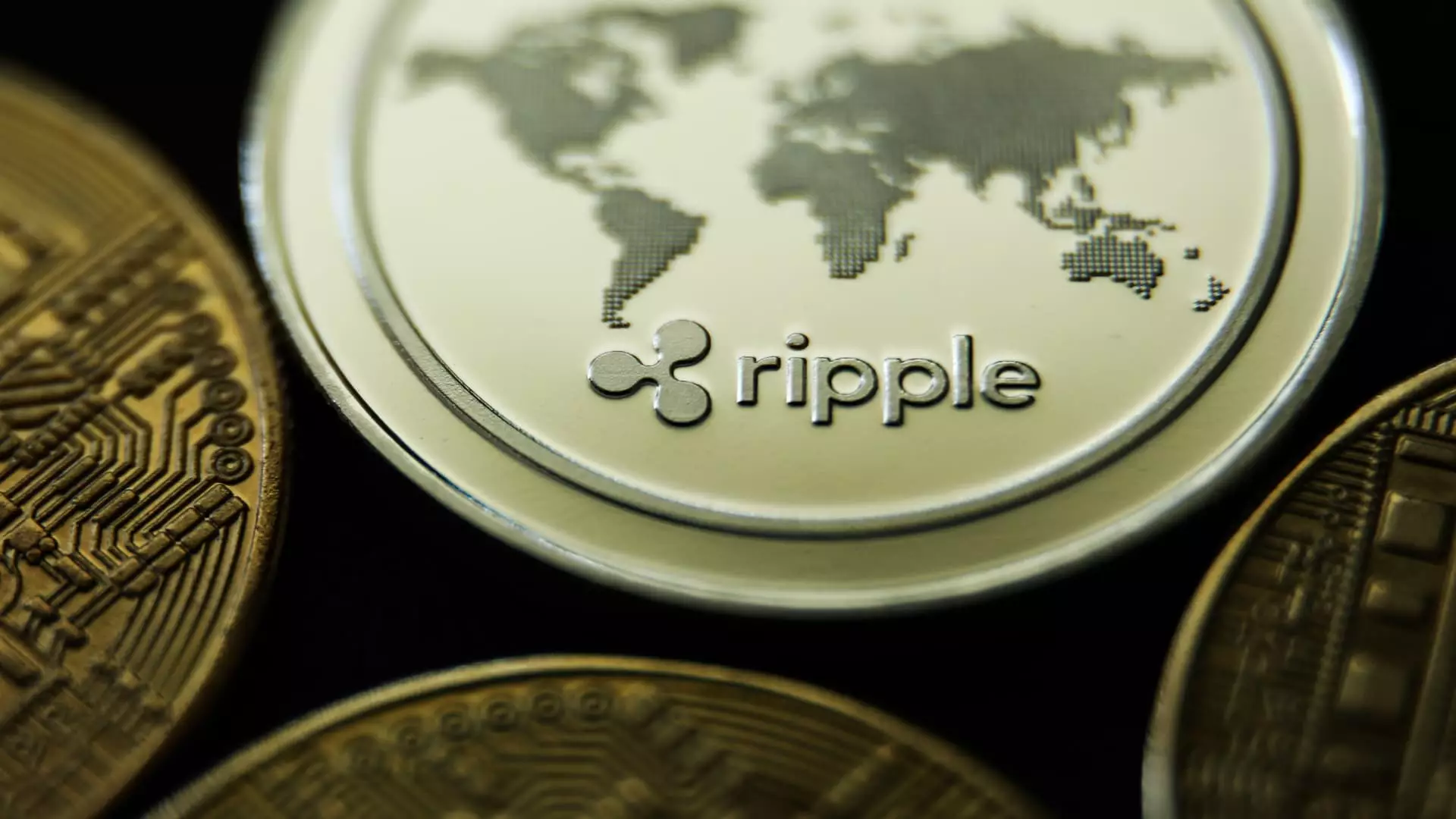In a significant move to broaden its horizons, U.S.-based blockchain innovator Ripple has announced its entrance into the crypto custody market. This expansion is aimed at assisting banks and financial technology firms in securely storing digital assets on behalf of their clients. With its new Ripple Custody division, Ripple seeks to establish a foothold in a rapidly evolving industry that is critical to the broader acceptance and usage of cryptocurrencies.
Ripple’s latest initiatives include an array of features meticulously designed to enhance user experience and operational efficiency. Key highlights encompass pre-configured operational settings, streamlined policy frameworks, and a robust integration with Ripple’s own XRP Ledger blockchain. A noteworthy addition is a user-friendly interface that simplifies engagement for clients, a critical factor in a market that often deters new users with its complexity. Moreover, Ripple has integrated mechanisms to monitor anti-money laundering (AML) risks, ensuring compliance with an ever-growing body of regulations surrounding digital assets.
By rolling out these features, Ripple aims to alleviate some of the burdens associated with digital asset management, an area that has historically posed challenges for financial institutions. The emphasis on security, operational support, and regulatory compliance positions Ripple Custody as a formidable competitor in the sphere, where established players like Coinbase and Gemini have dominated.
The rise of cryptocurrency adoption has prompted a burgeoning need for custodians in the digital asset space. These custodians perform crucial functions beyond mere storage; they provide payment settlements, facilitate trading, and assist firms in navigating complex regulatory landscapes. As cryptocurrency continues to permeate mainstream finance, the custody market is projected to skyrocket, potentially reaching a staggering $16 trillion by 2030, as indicated by forecasts from the Boston Consulting Group.
Ripple’s entry into this market aligns with a broader trend indicating that financial entities are increasingly recognizing the importance of secure asset management. The company’s bold initiative appears timely as adoption rates rise, and more institutional clients look for reliable partners to navigate their digital asset journeys.
With a reported year-over-year customer growth of over 250% this year and operations in seven countries, Ripple Custody is quickly gaining traction. High-profile clientele, including major banks such as HSBC and DBS, further solidify its reputation as a serious contender in the crypto custody arena. Ripple’s strategic acquisitions of firms like Metaco and Standard Custody & Trust Company underscore its commitment to building a robust custody framework designed to cater to the nuanced needs of modern finance.
Additionally, Ripple is leveraging its technology to allow clients to tokenize real-world assets, ranging from fiat currencies to commodities and even real estate. This capability might not only diversify Ripple’s offerings but could also serve as a transformative factor in the tokenization of various asset classes, expanding the utility and appeal of its XRP Ledger.
Despite these advancements, Ripple’s journey is not without challenges. Recently, the price of XRP faced significant volatility following the U.S. Securities and Exchange Commission’s (SEC) decision to appeal a court ruling that questioned the classification of XRP as a security. Ripple is in a long-standing legal battle with the SEC, which has accused the company of conducting an illegal securities offering. The outcome of this dispute is critical not just for Ripple but for the broader cryptocurrency market, as it might set important precedents regarding the classification and regulatory treatment of digital assets.
Ripple’s foray into crypto custody represents a strategic pivot that underscores its ambitions to remain relevant and competitive in the ever-evolving digital landscape. By positioning itself at the nexus of technology and finance, Ripple is not merely adapting to the changing tides but is actively shaping the future of asset management in the cryptocurrency sphere. As this segment continues to mature, Ripple Custody stands to play a pivotal role in bringing legitimacy and security to digital assets, fostering an environment where crypto can thrive alongside traditional finance.

